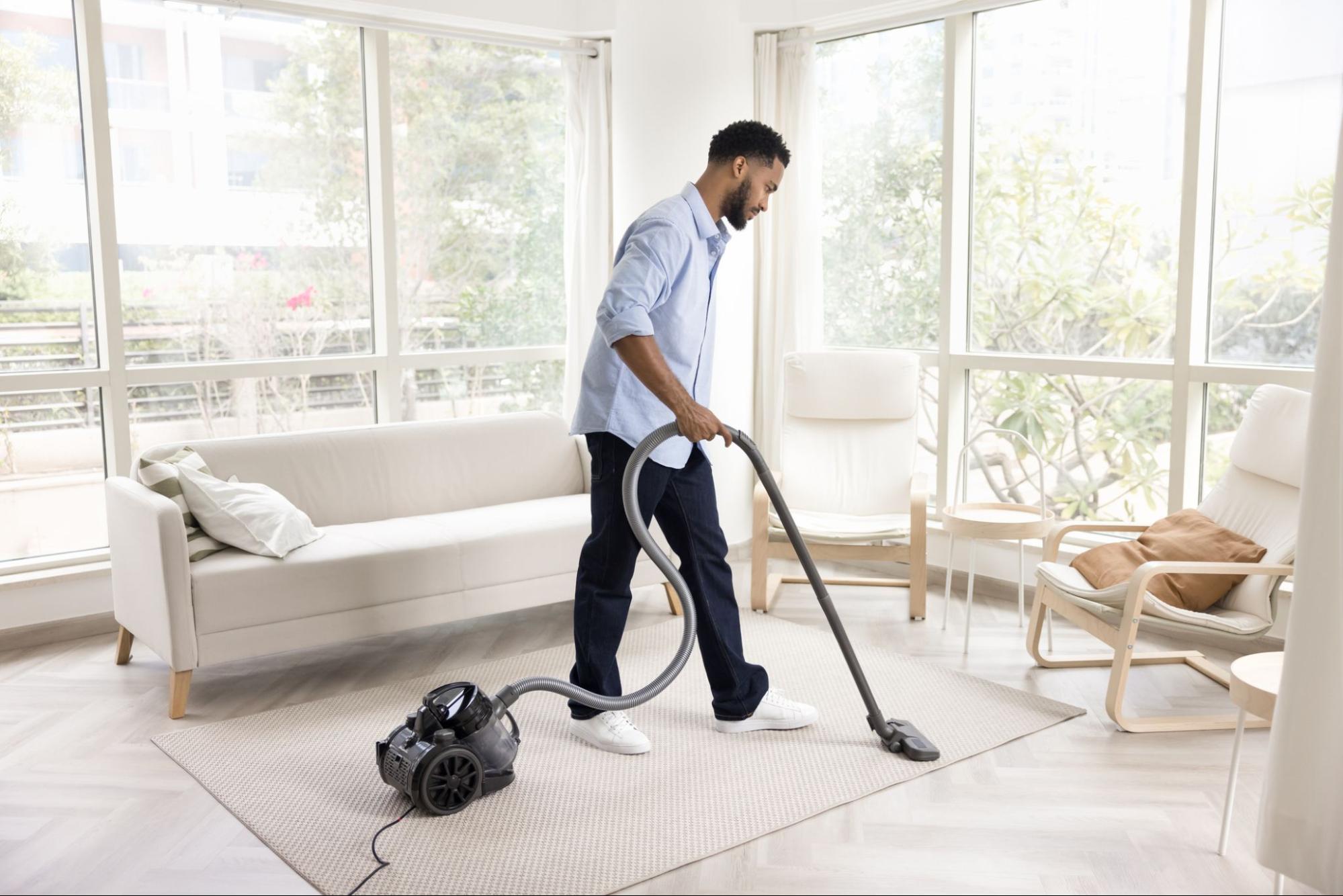Allergy-Proofing Your Home: Tips for a Healthier Living Environment

As we usher further into the New Year, it’s the perfect time to make some smart adjustments to transform your home into an allergy-free oasis. Whether you’re a long-time allergy sufferer or simply want a healthier living space, these tips will help you breathe easier in 2025. From cleaning hacks to the latest hypoallergenic products, we’ve got you covered.
Cleaning Tips to Combat Allergens
-
Dusting and Vacuuming
Dust–-It collects on shelves, in corners and in places you didn’t even know existed. Your best weapons against it are a good microfiber cloth and a vacuum cleaner with a HEPA filter. Microfiber cloths are great because they trap dust rather than just moving it around. When vacuuming, make sure to cover high-traffic areas at least once a week. And don’t neglect the nooks and crannies where dust bunnies hide.
-
Banish Mold and Mildew
Mold spores are another culprit when it comes to allergies, especially if you’re sensitive to them. Keep bathrooms and kitchens dry and well-ventilated. A little trick is using a squeegee to wipe down shower walls after each use. For existing mold, use a mixture of water and vinegar or a commercial mold remover.
-
Wash Your Linens
Your bed should be a sanctuary, not a breeding ground for allergens. Wash your sheets, pillowcases and blankets in hot water at least once a week. If you’ve got the budget, consider investing in hypoallergenic mattress and pillow covers. They act as barriers to dust mites and other pesky allergens.
Improving Air Quality
-
Invest in an Air Purifier
Air purifiers can be game-changers for allergy sufferers. Look for one with a HEPA filter, which is designed to trap tiny particles like pollen, pet dander and even smoke. Place it in a high-traffic area or in the room where you spend most of your time.
-
Houseplants to the Rescue
Believe it or not, certain houseplants can help purify indoor air naturally. Plants like snake plants, peace lilies and spider plants are not only easy to care for but also work wonders at removing toxins from the air. Plus, they add a touch of nature’s beauty to your décor.
-
Control Humidity Levels
Humidity is a double-edged sword—too much can encourage mold growth, while too little can dry out nasal passages. Use a dehumidifier in damp areas like basements or laundry rooms. Aim for a humidity level between 30% and 50%.
Hypoallergenic Products to Consider
In the quest to make your home more allergy-friendly, hypoallergenic products can be your new best friends. These are specially designed to minimize the risk of allergic reactions.
-
Bedding and Upholstery
Look for hypoallergenic bedding options like pillows and mattresses, which resist dust mites and other allergens. If you’re in the market for new furniture, consider materials like leather or synthetic alternatives that don’t trap allergens as much as traditional fabrics do.
-
Cleaning Products
Choose cleaning products labeled as hypoallergenic or free of harsh chemicals and fragrances. Natural options, like baking soda and vinegar, are also effective and less likely to cause irritation.
-
Pet Care
If you have four-legged friends, opt for hypoallergenic pet shampoos and keep your pet’s sleeping areas clean. Regular grooming and bathing can also reduce the amount of dander in your home.
When to Call an Allergy Specialist
If you’ve tried everything and you’re still suffering, allergy specialists can pinpoint specific triggers through allergy testing and recommend treatments tailored to your needs. Think of it as taking your fight against allergies to the next level. Addressing allergies and any contributing factors can lead to a significant improvement in the quality of life. If you have never been evaluated for allergy symptoms, call our office or click here to make an online appointment. We have offices in Alpharetta, Cumming and Dawsonville. GA. Here’s to a sneeze-free New Year!








 Make an Appointment
Make an Appointment